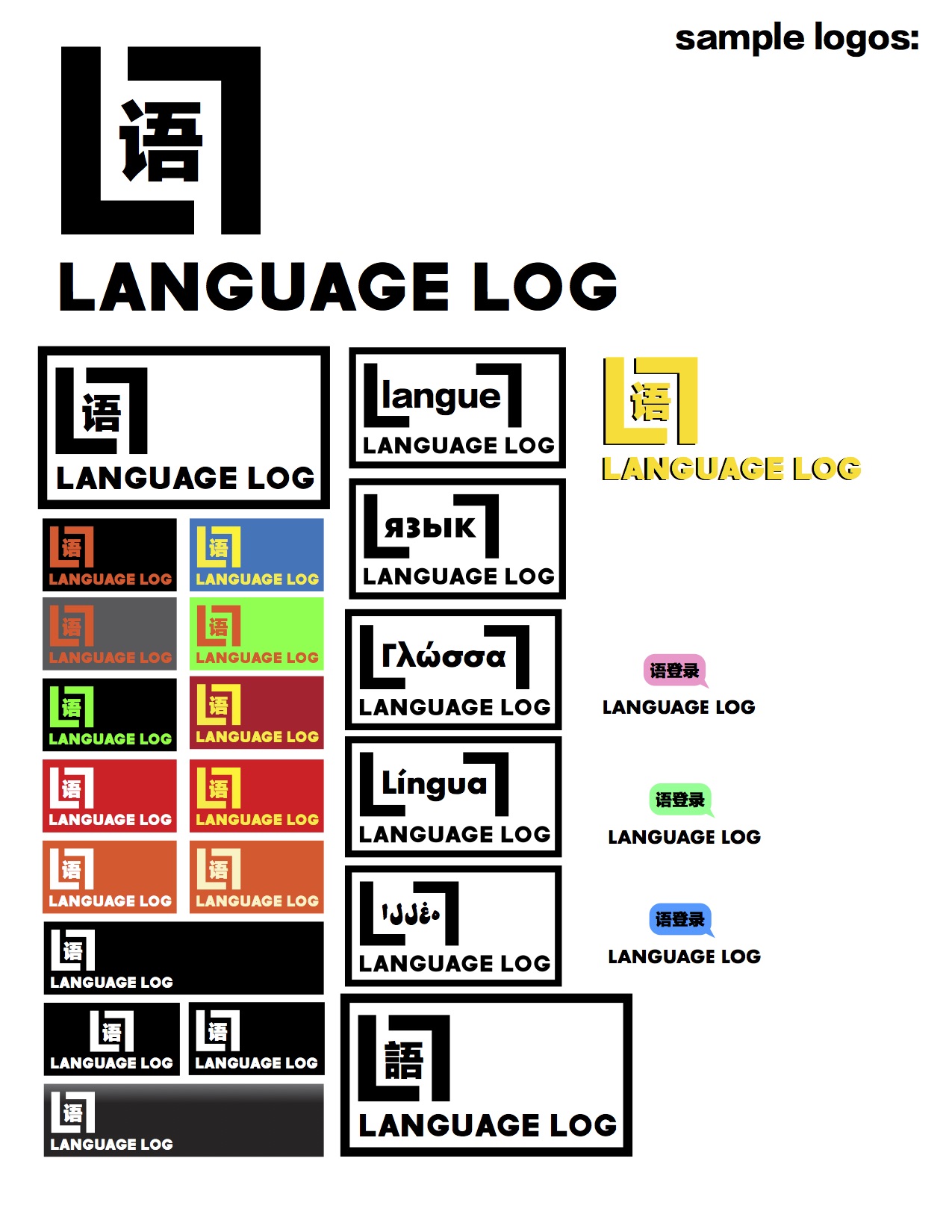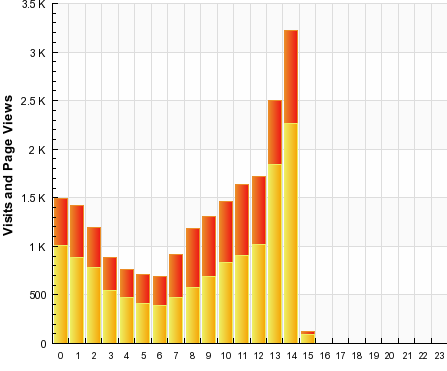In previous posts on this subject (see "Readings" below), we have listed a number of traits of the typical troll. There are a few more items that have not been explicitly covered, so I will mention them here.
First, though, a prefatory remark about the defining nature of a troll and what his / her modus operandi consists of. Namely, the primary purpose of a troll is to disrupt the smooth, collaborative functioning of a discussion group that is dedicated to the discovery of ideas and free, fruitful, civil exchange of opinions. Trolls want to inflame others so as to bring a screeching halt to amicable, productive dialogue and discourse. Sometimes trolls will come perilously close to derailing an interesting discussion, causing a furor of denunciation and recrimination, but then, if the group is fortunate and things calm down, they will end up having a stimulating, enlightening conversation after all.
A conspicuous characteristic of the typical troll is that either they do not read the comments policy of the forums where they deposit their invective or they read the guidelines but choose not to adhere to them. Our comments policy may be accessed by clicking on the link at the top right of the Language Log (LLog) homepage. However, since many commenters consistently break these rules, I think it is fitting to list them here for all LLog readers to see:
Read the rest of this entry »

